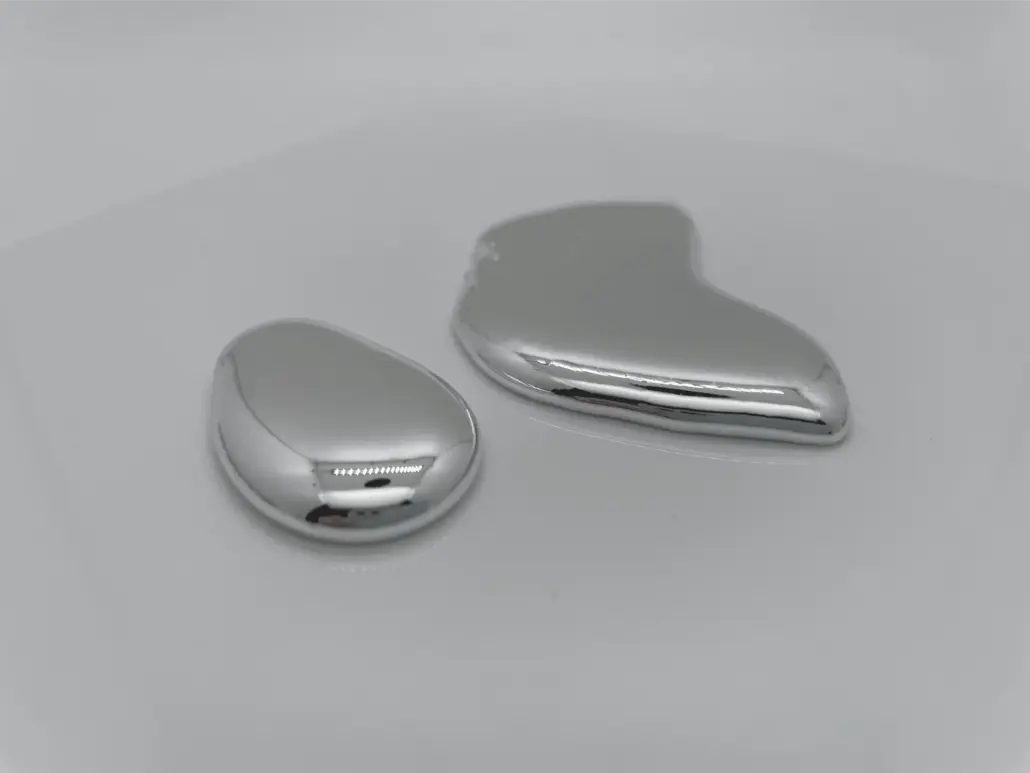
Liquid metal, also known as liquid metal thermal conductor or liquid metal coolant, is a type of cooling medium composed of low-melting-point alloys. It has a high specific heat capacity, high thermal conductivity, low melting point, and high boiling point. Currently, it is primarily used in fields such as nuclear reactor heat conduction and computer chip cooling. Common liquid metal coolants include sodium-potassium alloy, lead-bismuth alloy, and gallium-indium alloy.
The most common liquid metal used in electronic products is gallium-based alloy. In fact, there is not much difference between liquid metal thermal conduction and traditional silicon grease in terms of usage in electronic products. They are both pasty and used for thermal conduction between the chip casing and the heat sink.
- Difference between Traditional Silicon Grease and Liquid Metal Thermal Conduction
Silicon grease is used to fill the gaps between the CPU casing and the heat sink as a thermal conductor. The particles in traditional silicon grease are only at the micrometer level, but liquid metal can reach the nanometer level. This means that liquid metal can better cover gaps that are invisible to the naked eye. Additionally, liquid metal contains a large amount of metal elements, resulting in better thermal conductivity.
The thermal conductivity coefficient determines the quality of the thermal conductor. Currently available silicon greases on the market generally have thermal conductivity coefficients ranging from 5W/m-K to 12.5W/m-K. The thermal conductivity coefficient of liquid metal can reach up to 128W/m-K, although those available on the market typically range from 20W/m-K to 80W/m-K. In more straightforward terms, using liquid metal can lower CPU temperatures by around 10°C compared to using silicon grease in the same device.
- Characteristics
- Liquid metal has a much higher thermal conductivity than water, air, and many non-metallic media. Therefore, liquid metal chip coolers can achieve more efficient heat transfer and extreme heat dissipation capabilities compared to traditional water cooling.
- The high electrical conductivity of liquid metal allows it to be driven by an electromagnetic pump without any moving parts, resulting in high efficiency, low energy consumption, and no noise.
- Liquid metal is not easily evaporated or leaked, it is safe, non-toxic, chemically stable, easily recyclable, and ensures the efficient, long-term, stable operation of cooling systems.
- Advantages
- Outstanding cooling performance.
- Liquid metal cooling is the optimal choice for solving extreme heat flow issues as heat flux density increases.
- The high electrical conductivity of liquid metal allows it to be driven by an electromagnetic pump without any moving parts, resulting in high efficiency, low energy consumption, and no noise.
- Liquid metal pipes can be flexibly arranged, can be bent multiple times, and can easily achieve long-distance heat transfer.
- Liquid metal is not easily evaporated or leaked, it is safe, non-toxic, chemically stable, and can ensure the efficient, long-term, stable operation of high-power cooling systems (>1KW).
Overall, with its excellent thermal conduction and heat transfer capabilities, liquid metal cooling technology can provide comprehensive and efficient solutions for high-power cooling demands. It is expected to generate a series of new methods, applications, and products in the industrial, civilian, and even military fields, playing a significant role.
